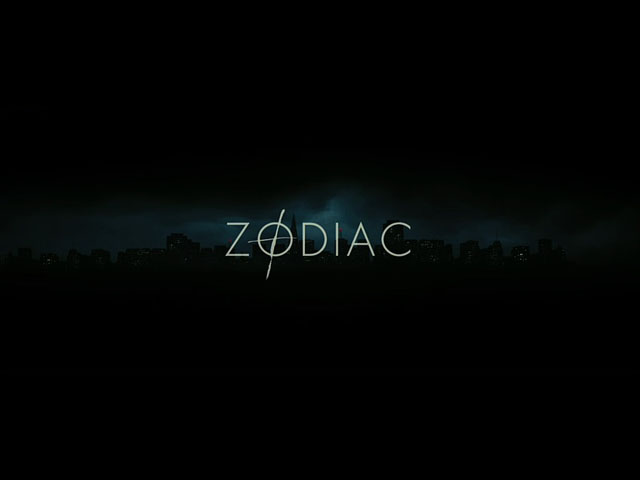Of all the incredible movies in David Fincher’s portfolio, Zodiac is perhaps the most underrated one, at least from a consumer’s standpoint. Its performance at the box office was only just satisfactory, making almost exactly 85 million dollars on a 65 million budget. The reason for its relative commercial failure is quite simple – Zodiac is a character study, a procedural thriller that doesn’t feature any gunfights or over the top action sequences. It’s grounded and focused on mystery and puzzle-solving. For those interested in cinema’s inner workings, it was certainly one of Fincher’s best works. The film oozes suspense and anxiety – Harry Savides’s cinematography helps set the moody tone of San Francisco in the 70s. The camera spends much of its time tightly following the characters’ actions throughout the movie, but never once does it reveal the Zodiac killer’s face, staying true to the real murderer’s enigmatic nature. The lighting, the static shots that reveal details in the background, the sheer dynamism of many of the office scenes, all of it comes together to form a truly satisfying experience on subsequent watches, rewarding the viewer with the amount of detail that went into crafting the movie. The SF Chronicle’s offices in the movie are exact copies of the real ones, even down to the items sitting on each desk, testament to Fincher’s determination to make his reconstruction of the events that transpired between 69′ and 83′ as true to life as possible.
What makes Zodiac shine, even more so than Savides’s work and my personal favorite trait of Fincher’s, which is to only use one shot when possible instead of five, is the great cast. Gyllenhaal portrays Robert Graysmith, a cartoonist at the SF Chronicles who becomes obsessed with the Zodiac murders and does everything in his power to uncover the killer’s identity. This role is testament to his ability to play the everyman better than most A-listers out there. He breathes life into his character and makes him look, behave and feel like an ordinary man, aware of the surrounding world. He has a way of understanding these personages that rivals even Stephen King, an author known for the believability and likability of his Average Joes, his Stu Redmans and Jake Eppings. Of course the rest of the cast deserves recognition as well. Mark Ruffalo delivers an amazing performance as the tired cop, no doubt one that Scorsese took note of when casting Shutter Island. John Carroll Lynch is as good as he’s ever been and, sadly, received as little attention and praise as he usually does after a film’s release. He seems to be one of those actors that are incredibly competent but never receive a breakout role that puts them in the spotlight. I would truly love to see him handle the role of the protagonist in a bigger project.
And of course there’s Robert Downey Junior being Robert Downey Junior. His cynical smart guy with a tender heart schtick is yet to grow old.
Overall, Zodiac is an almost perfect movie, not because it aims very high or because it does anything particularly innovative or special, but because it does what it sets out to achieve extremely well. Some critics slammed it for the lack of shoot-outs and high-stakes action sequences, but this complaint shows a fundamental misunderstanding of what Zodiac is. Would anyone criticize True Detective‘s first season for having but two or three gunfights? The focus of these works lies elsewhere entirely. The antagonist is less Hans Gruber and more Joker – the idea is to lay bare the protagonist, to change him through indirect action by provoking him to question his constitution. Zodiac explores obsession. At the end of the day, what is Robert Graysmith but a tame version of the Zodiac?

